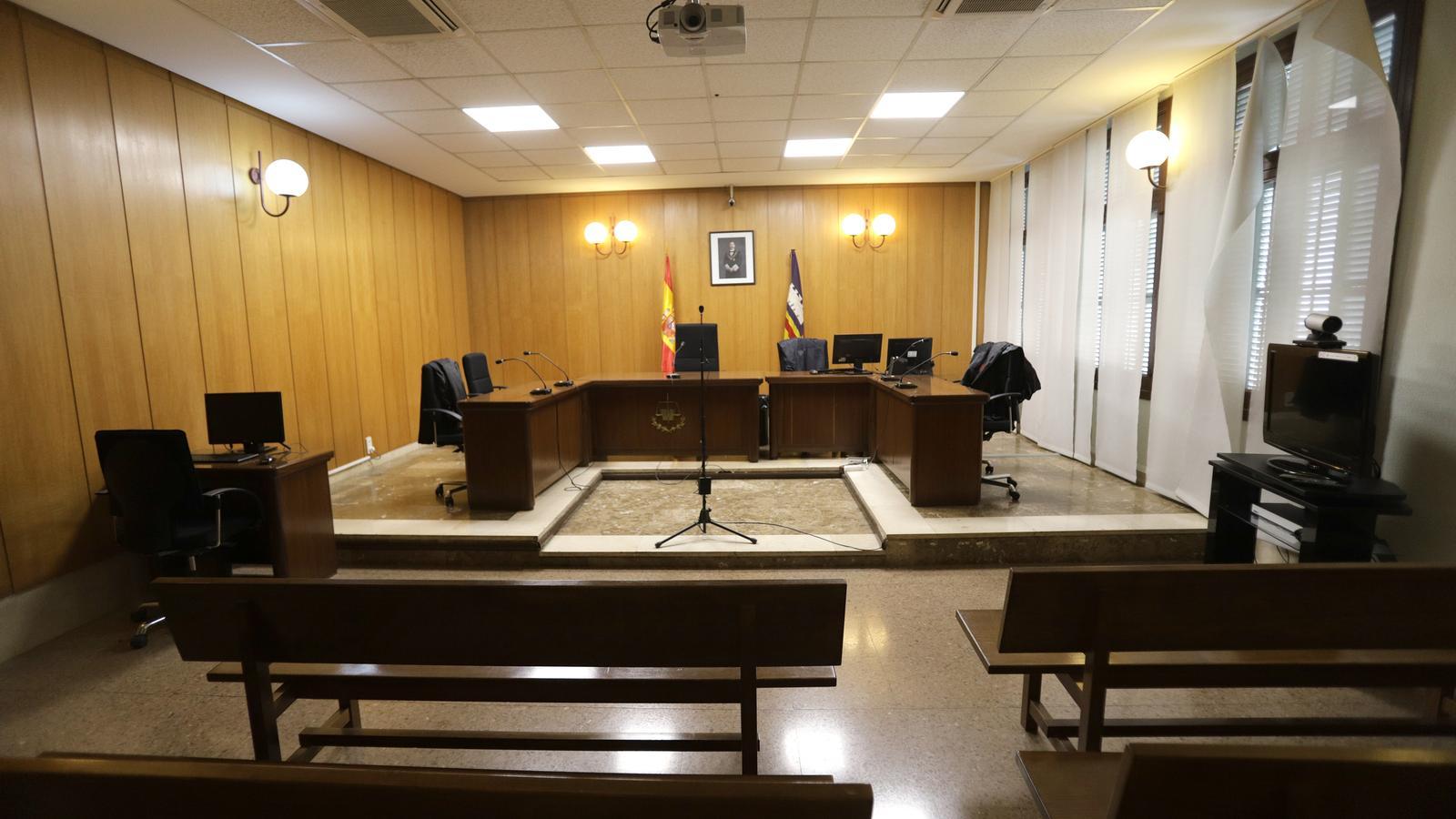Goodbye to 'Ibiza' and 'Mahón': Justice forces the use of Catalan place names in the Balearic Islands courts.
The Ministry of Justice orders the exclusive use of official Catalan place names, such as 'Maó', 'Palma', and 'Eivissa', in all courts on the islands.


PalmThe Ministry of Justice has ordered that all courts and tribunals of the Balearic Islands use the official place names in Catalan in their offices and proceedings. This means that, from now on, names such asMahón, 'Palma de Mallorca' and 'Ibiza' They will be replaced by the official forms: 'Maó', 'Palma' and 'Eivissa', regardless of the language in which the court documents are drafted.
This decision follows complaints from the organization Fem-ho en Català, which celebrates this progress as a symbolic but significant milestone for linguistic normalization within the administration of justice. The organization points out that regional and state legislation exclusively recognizes Catalan place names as official. "We are aware that getting the courts to use Catalan names is a small milestone, but we believe it is an important act of justice," they explained.
Hagamos en Catalán regrets that, despite this progress, the use of Catalan in the Balearic Islands' justice system remains insignificant: only 2.27% of judgments and rulings from higher courts are drafted in this language.
According to them, the Castilianization of toponyms is part of a strategy of forgetting and cultural substitution that is still alive today. The organization maintains that "the purification and Castilianization of toponyms are tools to erase our memory and linguistic identity." As they point out, this "is not a threat that only existed during Franco's dictatorship; it is more prevalent than ever." "The Valencian Community is suffering from it now, but the islands are also suffering," they emphasize.
Despite the recent approval of the Organic Law on the Right of Defense, which recognizes the right to use co-official languages in state bodies such as the Supreme Court, the organization denounces that the right to linguistic choice in justice is still limited, especially in the courts of first instance, the most frequented by the general population. Furthermore, the organization recalls that the Council of Ministers of the Council of Europe has warned Spain on numerous occasions for its repeated non-compliance with the European Charter for Regional or Minority Languages (ECRL), ratified by Spain.
